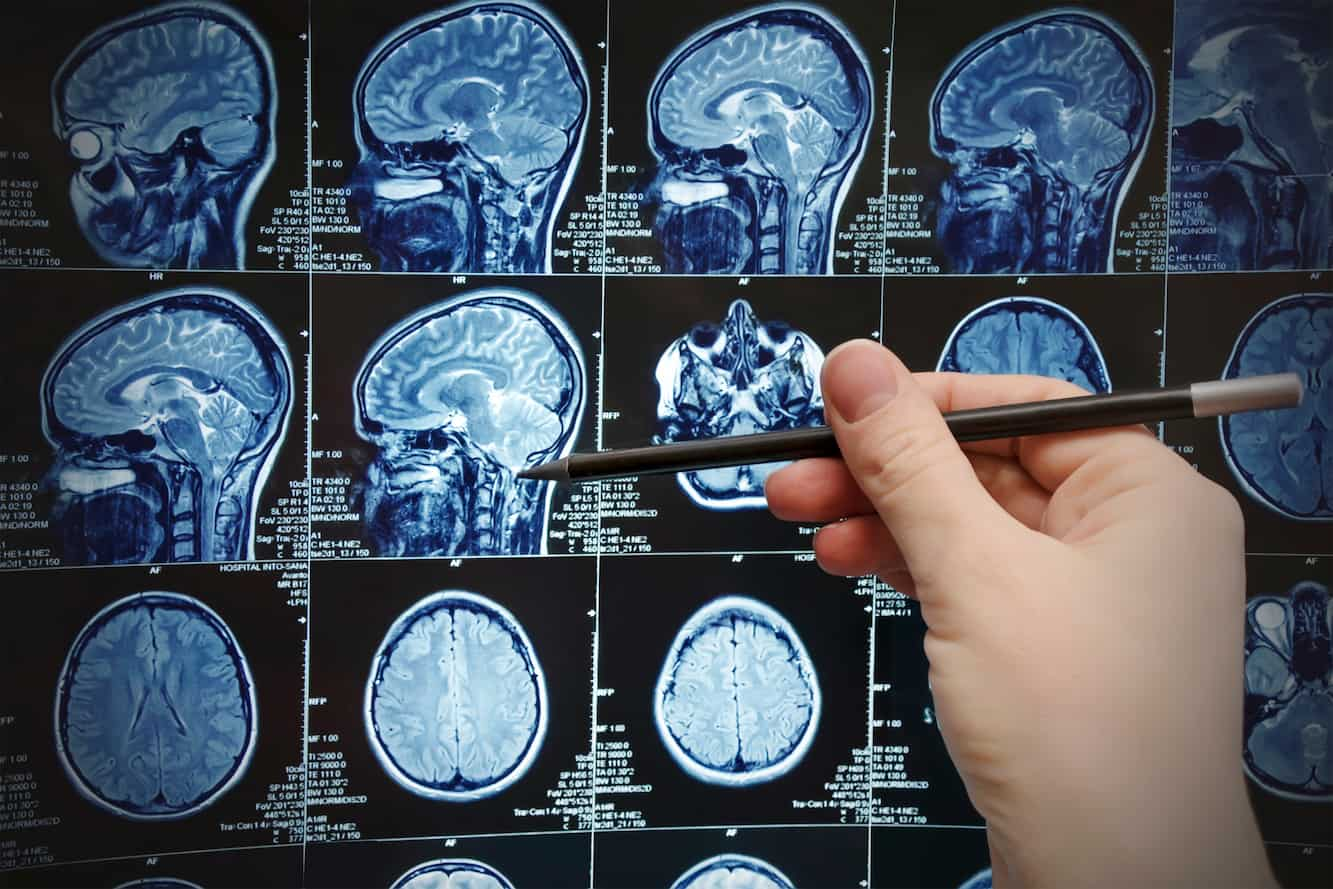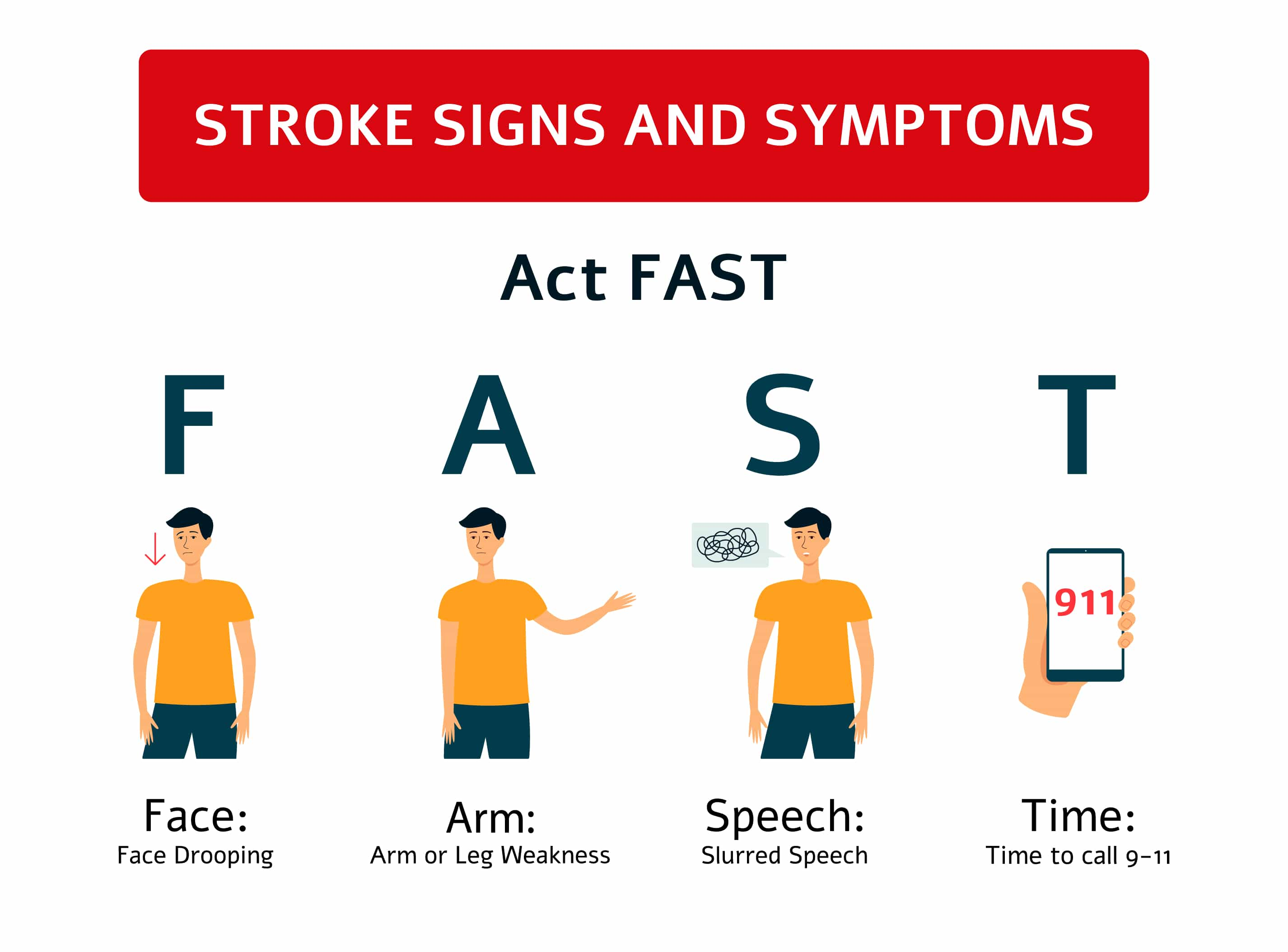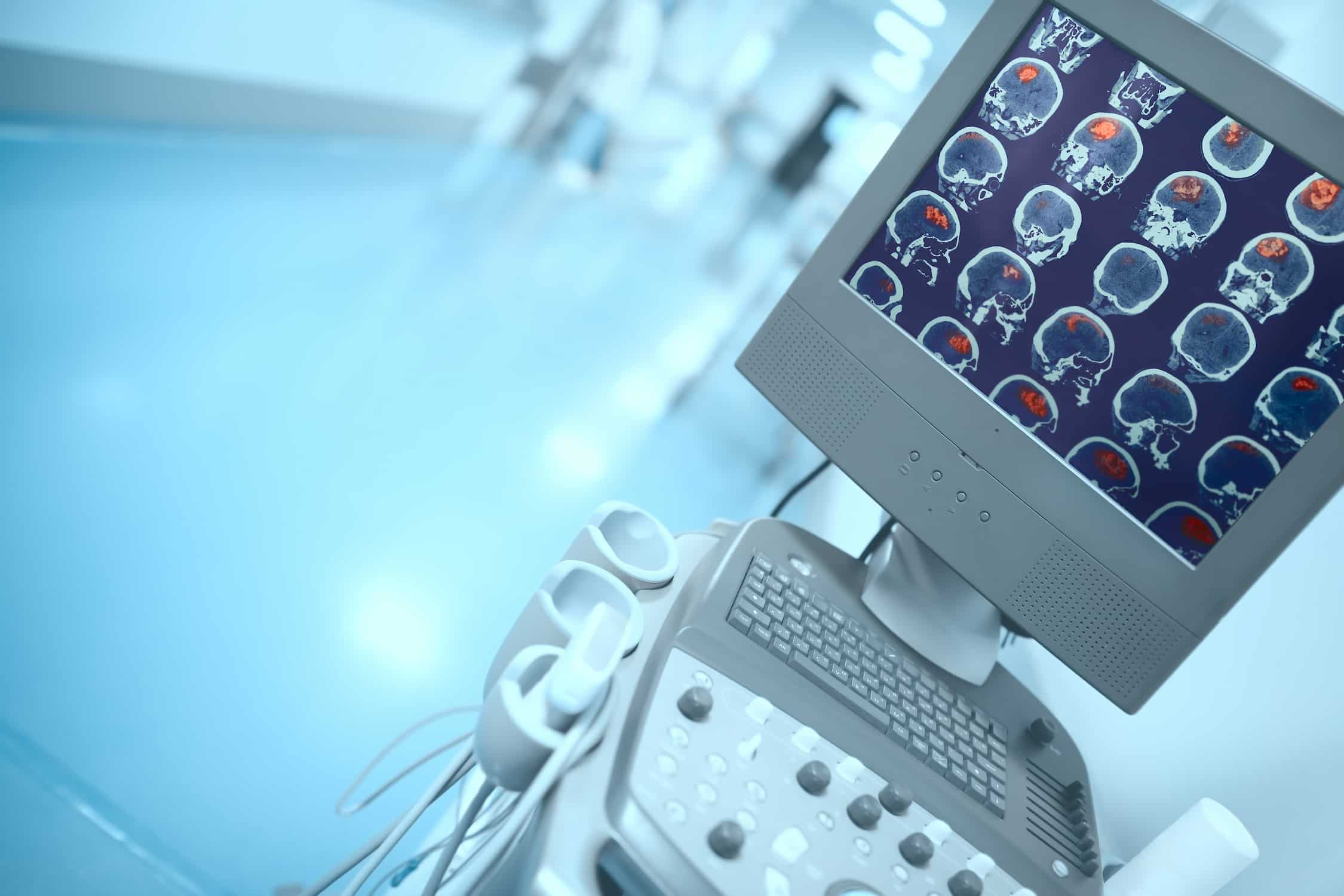Cerebrovascular Disease Treatment in Turkey
Healthy Türkiye helps you find the best cerebrovascular disease treatment in Turkey at affordable prices and adopts a 360-degree service approach in all areas of health through affiliated hospitals.
- Medical Treatment
- Cardiology Treatment in Turkey
- Carotid Artery Stenting in Turkey
- Cerebrovascular Disease Treatment in Turkey
- Colour-Duplex Sonography in Turkey
- Pericarditis Treatment in Turkey
- Peripheral Artery Disease Treatment in Turkey
- Coronary Heart Disease Treatment in Turkey
- EECP Treatment in Turkey
- Congenital Heart Treatment in Turkey
- Electrophysiology Study in Turkey
- Nuclear Cardiology Test in Turkey
- Pediatric Cardiology Treatment in Turkey
- Rheumatic Heart Disease Treatment in Turkey
- Spiro-Ergometry in Turkey
- Homepage
- Medical Treatment
- Cerebrovascular Disease Treatment in Turkey

About Cerebrovascular Disease Treatment in Turkey
Cerebrovascular disease treatment in Turkey is a term that covers the treatment of various conditions, diseases, and disorders that affect the blood vessels and blood flow of the brain. If the brain cells are deprived of oxygen due to a blockage, deformity, or hemorrhage, brain injury can occur. The most common risk factor for cerebrovascular disease is high blood pressure and other risk factors include diabetes, high cholesterol, heart disease, smoking, and excessive alcohol consumption.
These risk factors cause recurrent inflammation and injuries to the inner lining of the blood vessels. The cerebrovascular disease develops over time through this gradual damage. Injury to the inner lining of blood vessels causes them to become narrow, stiff, and irregularly shaped. Mostly, unhealthy blood vessels are described as having atherosclerosis, a stiffening of the inner lining, usually associated with cholesterol buildup.
Stroke, transient ischemic attack (TIA), aneurysm, and vascular malformation can be categorized as cerebrovascular disorders. Strokes develop when blood flow is restricted due to vessel narrowing (stenosis), clot formation (thrombosis), blockage (embolism) or blood vessel rupture (hemorrhage), or lack of sufficient blood flow (ischemia) affecting brain tissue.
At Healthy Türkiye, highly skilled neurologists, critical care specialists, vascular surgeons, neurosurgeons, and radiologists work together to treat cerebrovascular diseases, which affect blood flow in the brain. Whether the problem is urgent or stable, we aim to restore normal blood flow as quickly as possible after stenosis, ischemia, or a clot, blockage, or rupture. We ensure prompt diagnosis and treatment by combining the latest imaging tools with guideline-based care and advanced surgical techniques, in Turkey.

Cerebrovascular Disease Treatment Procedure in Turkey
Cerebrovascular disease is a general term encompassing all the brain abnormalities that result from pathologies of blood vessels. Cerebrovascular disease can manifest as an acute onset or chronic condition and can affect any part of the central nervous system, including the spinal cord. Stroke is a term typically used for cerebrovascular events that start abruptly, and it represents a neurological emergency, also it can be referred to as a “brain attack.”
Mostly, strokes lead to permanent brain damage and lasting neurological deficits, but over the last few decades, many diagnostic, therapeutic, and process developments have significantly improved its prognosis, in Turkey. Time to restore the blood flow to the affected vessels is important to minimize brain damage.
Cerebrovascular diseases treated at Healthy Türkiye include:
- Arteriovenous dural fistula (AVDF)
- Arteriovenous malformation (AVM)
- Brain (cerebral) aneurysm
- Carotid artery disease (carotid stenosis)
- Cerebral or intracranial stenosis
- Fibromuscular dysplasia
- Ischemic stroke
- Moyamoya disease
- Stroke
- Transient ischemic attack (TIA)
- Lymphomas
- Tumors, including glomus tumors
Healthy Türkiye is known for advanced, superior care in the diagnosis, management, and treatment of cerebrovascular disease. You will appreciate timely appointments and a professional, friendly atmosphere in which we take time to listen to your concerns, in Turkey. At Healthy Türkiye, you have access to the region’s most comprehensive, multidisciplinary team of specialists and innovative therapies, including many available only through specialized clinical trials.
Diagnosis for Cerebrovascular Diseases Treatment in Turkey
The majority of cerebrovascular problems can be identified through imaging tests. These tests allow neurosurgeons to image the arteries and vessels in and around the brain and the brain tissue.
Cerebral angiography (vertebral angiogram, carotid angiogram): Arteries are not normally seen in an X-ray, therefore contrast dye is utilized. The patient is given a local anesthetic, the artery is punctured, often in the leg, and a needle is inserted into the artery. A catheter is inserted through the needle and into the artery. Then, it is threaded through the main vessels of the abdomen and chest until it is properly placed in the arteries of the neck. This procedure is monitored by a fluoroscope. The contrast dye is then injected into the neck site through the catheter and X-ray pictures are taken.
Computed tomography (CT scan): This imaging test is created after a computer reads x-rays. In some cases, a drug will be injected through a vein to help highlight brain structures. Bone, blood, and brain tissue have very different densities and can easily be distinguished on a CT. This test scan is a useful diagnostic test for hemorrhagic strokes because blood can easily be seen. However, damage from an ischemic stroke can not be revealed on a CT scan for several hours or days and the individual arteries in the brain cannot be seen. CTA allows clinicians to see blood vessels in the head and neck and is increasingly being used instead of an invasive angiogram.
Carotid duplex (carotid ultrasound): In this procedure, ultrasound is used to help detect plaque, blood clots, or other issues with blood flow in the carotid arteries. A water-soluble gel is placed on the skin where the transducer is to be placed. The gel helps transmit the sound to the skin’s surface. The ultrasound is turned on and pictures of the carotid arteries and pulse waveforms are obtained. There are no known risks. Also, this test is noninvasive and painless.
Doppler ultrasound: A water-soluble gel is placed on the transducer and the skin over the veins of the extremity being tested. There is a “swishing” sound on the Doppler if the venous system is normal, both the superficial and deep venous systems are evaluated. There are no known risks. Doppler ultrasound also is noninvasive and painless.
Lumbar puncture (spinal tap): It is an invasive diagnostic test that uses a needle to remove a sample of cerebrospinal fluid from the space surrounding the spinal cord. A lumbar puncture test can be helpful in detecting bleeding caused by a cerebral hemorrhage.
Electroencephalogram (EEG): A diagnostic test using electrodes placed on a person’s scalp to pick up electrical impulses, these electrical signals are printed out as brain waves.
Magnetic Resonance Imaging (MRI): This diagnostic test produces three-dimensional images of body structures using magnetic fields and computer technology. It can clearly show various kinds of nerve tissue and clear pictures of the brainstem and posterior brain. This test can help determine whether there are signs of prior mini-strokes. MRI scan is noninvasive, although some patients can experience claustrophobia in the imager.
Magnetic Resonance Angiogram (MRA): This is a non-invasive procedure that is conducted with an MRI. The magnetic images are assembled by a computer to ensure an image of the arteries in the head and neck. The MRA shows the actual blood vessels in the neck and brain and may help detect blockage and aneurysms.
Cerebrovascular diseases may be associated with different vascular risk factors, including high blood pressure, high cholesterol, diabetes, or smoking. Rapid assessment is critical for the best possible recovery.

We Care About Your Health
Healthy Türkiye provides the best for your health and comfort. You will feel privileged with us.
7/24 Quality Personal Assistance Throughout Your Journey
Customizable for You All-Inclusive Packages
Get the Right Advice for your Health
Types of Cerebrovascular Treatment For Cerebrovascular Diseases in Turkey
There are usually several methods available to treat a cerebrovascular disorder, as well as a burgeoning array of new technologies, in Turkey. One important reason that Turkey has excellent outcomes in treating patients with cerebrovascular diseases is our ability to navigate these options, taking into account each patient’s wishes and individual circumstances, and making the right recommendation to treat each patient’s specific problem.
Common cerebrovascular diseases and disorders that doctors treat in Turkey include:
- Cerebral aneurysms, both adult and pediatric
- Carotid stenosis due to atherosclerotic disease
- Intracranial stenosis due to atherosclerotic disease (ICAD)
- Carotid or vertebral artery dissection due to fibromuscular dysplasia (FMD)
- Carotid artery disease, atherosclerosis, trauma, and dissection
- Inflammatory diseases, vasculitis, and mycotic aneurysm
- Acute ischemic stroke with large artery occlusion
- Acute hemorrhagic stroke due to subarachnoid hemorrhage (SAH), subdural hematoma (SDH), or intraparenchymal cerebral hemorrhage (IPH; ICH)
- Moyamoya syndrome
- Treatment options for cerebrovascular disease include:
- Microsurgery for minimally invasive direct operation on the delicate cerebral blood vessels
- Endovascular neurosurgery for minimally invasive treatments from within the cerebral blood vessels
Stroke Treatment in Turkey
The brain needs oxygen and nutrients that are provided by the blood to function properly. So, if the blood supply is restricted or stopped, brain cells die, leading to brain damage and death risk. A stroke happens when the blood supply to part of the brain is blocked or interrupted, for example, by a blood clot. This is the most common reason for stroke and is known as an ischaemic stroke.
The lack of blood causes part of the brain to die, a process known as cerebral infarction. About 10% of strokes lead to bleeding from the arteries in the brain, which directly damages the brain’s tissues and can also cause loss of blood supply. This is known as hemorrhagic stroke or cerebral hemorrhage.
The main symptoms of a stroke can be coded using the acronym FAST, which describes the Face-Arms-Speech-Time test.
Face: The patient’s face may have fallen on one side, they may be unable to smile, or their mouth and eye may have drooped.
Arms: They may be unable to raise one or both arms as a result of weakness.
Speech: Patients may have slurred speech and difficulty finding words or understanding what is said.
Time: It’s time to dial 112(in Turkey) immediately if you see any of these symptoms.
A stroke is a medical emergency, the sooner treatment is given in the hospital, the less damage is likely to occur. Minutes count, so don’t wait to call the emergency services.
Transient Ischaemic Attack (TIA) Treatment in Turkey
A transient ischaemic attack (TIA), or “mini-stroke”, is caused by a temporary disruption in the blood supply to an area of the brain. This results in a lack of oxygen and nutrition to that part of the brain, which stops it from working until the blood supply is restored.
A TIA causes similar symptoms to a stroke, but only lasts for a short period of time, TIAs often last from a few minutes up to an hour, but any ischaemic attack lasting less than 24 hours is officially tagged as a TIA. This should always be taken seriously. If it’s confirmed, TIA is an early warning sign of an impending stroke that could happen at any time, particularly in the next few days or weeks.
Subarachnoid Hemorrhage Treatment in Turkey
A subarachnoid hemorrhage is a less common cause of a hemorrhagic stroke. This disease happens when blood leaks from blood vessels onto the surface of the brain. The bleeding develops in the arteries that run underneath a membrane in the brain known as the arachnoid, which is located just below the surface of the skull.
The bleeding can cause a sudden and very severe headache, usually with neck stiffness. Someone who’s had a subarachnoid hemorrhage may not have any other signs of stroke, although these may develop later as a result of complications of the bleeding.
Around three-quarters of all subarachnoid hemorrhages is the result of an aneurysm rupturing (bursting). An aneurysm is a bulge in a blood vessel caused by weakness. Other causes of a subarachnoid hemorrhage include severe head injury and a rare type of birth defect called arteriovenous malformation, which affects normal blood vessel formation.
Vascular Dementia Treatment in Turkey
The term “vascular dementia” represents a widespread and persistent loss of mental ability caused by damage to brain cells as the result of a hemorrhage or a shortage of blood supply. Vascular dementia can develop as a result of a single stroke or multiple strokes. It can also be due to the gradual narrowing of the blood vessels inside the brain which, unlike a stroke, can not cause any obvious symptoms at first.
Cerebrovascular Disease Treatment Technologies in Turkey
In addition to stroke care and stroke prevention, Turkey’s neurosciences program treats a wide variety of cerebrovascular disorders. Treatment options include:
Aneurysm clipping: A cerebrovascular aneurysm is a weak spot in one of the blood vessels in the neck or head, this weakened area may stretch to create a balloon-like sack, which can burst and cause a hemorrhage within the brain. The clipping procedure involves placing a small metal clip around the neck of the aneurysm to prevent blood from flowing into the weakened area.
Angioplasty and Stenting of the Arteries: During this procedure, a surgeon uses tiny tubes called microcatheters to place a stent inside a blocked artery inside your head, neck, or spine. The microcatheter holds the artery open to allow blood to flow properly.
Embolization for Aneurysm (Coiling): In this procedure, medications or synthetic materials are placed inside a blood vessel to prevent blood flow to the area. Coiling involves using thin platinum wires to fill the space within the aneurysm to prevent blood from filling the weakened region. This decreases the chance of a rupture and hemorrhage inside the brain.
Treatment for Arteriovenous Malformations (AVM) and Dural AVM: An AVM is an abnormal connection between the arteries and veins in the brain, this treatment can include embolization to redirect the blood flow.
Cerebrovascular Bypass: This bypass procedure reroutes the blood flow through the brain to avoid a damaged vessel.Treatment for Vasospasm: Following an aneurysm or hemorrhagic stroke, where blood rapidly leaks from a blood vessel, the surrounding blood vessels spasm and contract, which can lead to reduced blood flow to the head and neck. Vasospasm is treated through an infusion of medication directly into the spasming vessel, in Turkey.
Rehabilitation for Cerebrovascular Disease Treatment in Turkey
As a cerebrovascular event can lead to permanent brain damage, patients may experience temporary or permanent disability following one. For this reason, they may require a range of supportive and rehabilitative therapies so that they may retain as much function as possible.
Physical therapy: Physical therapy goal is to restore mobility, flexibility, and limb function.
Speech therapy: This may help patients communicate more clearly and regain speech after a stroke or cerebrovascular attack.
Occupational therapy: This can help patients access facilities that support a return to work and daily life.
Psychological therapy: Physical disability can create unexpected emotional demands and need intensive readjustment. A patient may benefit from visiting a psychiatrist, psychologist, or counselor after a cerebrovascular event if they feel overwhelmed.

2026 Cost of Cerebrovascular Disease Treatment in Turkey
All types of medical attention like cerebrovascular disease treatment are very affordable in Turkey. Many factors are also included in determining the cost of cerebrovascular disease treatment in Turkey. Your process with Healthy Türkiye will last from the time you decide to have a cerebrovascular disease treatment in Turkey until the time you are fully recovered even if you are back home. The exact cerebrovascular disease treatment procedure cost in Turkey depends on the type of operation involved.
The cost of cerebrovascular disease treatment in Turkey does not demonstrate many variations in 2026. Compared to costs in developed countries like the United States or the UK, cerebrovascular disease treatment costs in Turkey are relatively low. So, it’s no wonder patients from across the world visit Turkey for cerebrovascular disease treatment procedures. However, the price is not the only factor affecting choices. We suggest looking for hospitals that are safe and have cerebrovascular disease treatment reviews on Google. When people decide to seek medical help for cerebrovascular disease treatment, they will not only have had low-cost procedures in Turkey, but also the safest and best treatment.
At clinics or hospitals contracted with Healthy Türkiye, patients will receive the best cerebrovascular disease treatment from specialist doctors in Turkey at affordable rates. Healthy Türkiye teams provide medical attention to cerebrovascular disease treatment procedures and high-quality treatment to patients at a minimum cost. When you contact Healthy Türkiye assistants, you can get free information about the cost of cerebrovascular disease treatment in Turkey and what this cost covers.
Why Is Cerebrovascular Disease Treatment Cheaper in Turkey?
One of the main considerations before traveling abroad for cerebrovascular disease treatment is the cost-effectiveness of the whole process. Many patients think that when they add flight tickets and hotel expenses to their cerebrovascular disease treatment costs, it will become very expensive to travel, which is not true. Contrary to popular belief, round-trip flight tickets to Turkey for cerebrovascular disease treatment can be booked very affordably.
In this case, assuming you are staying in Turkey for your cerebrovascular disease treatment, your total travel expense of flight tickets and accommodation will only cost less than any other developed country, which is nothing compared to the amount that you are saving. The question “why is cerebrovascular disease treatment cheaper in Turkey?” is so common between patients or people simply curious about getting their medical treatment in Turkey. When it comes to cerebrovascular disease treatment prices in Turkey, there are 3 factors that allow cheaper prices:
The currency exchange is favorable for whoever looking for cerebrovascular disease treatment has a euro, dollar, or pound;
The lower cost of living and cheaper overall medical expenses such as cerebrovascular disease treatment;
For cerebrovascular disease treatment, incentives are given by the Turkish Government to medical clinics working with international clients;
All these factors allow for cheaper cerebrovascular disease treatment prices, but let’s be clear, these prices are cheaper for people with strong currencies (as we said, euro, dollar, Canadian dollar, pound, etc).
Every year, thousands of patients from all over the world come to Turkey to get cerebrovascular disease treatment. The success of the healthcare system has increased in recent years, especially for cerebrovascular disease treatment. It’s easy to find well-educated and English-speaking medical professionals in Turkey for all kinds of medical treatment such as cerebrovascular disease treatment

Why Choose Turkey for Cerebrovascular Disease Treatment?
Turkey is a common choice among international patients seeking advanced cerebrovascular disease treatment. Turkey’s health procedures are safe and effective operations with a high success rate like cerebrovascular disease treatment. The increasing demand for high-quality cerebrovascular disease treatment at affordable prices has made Turkey a popular medical travel destination. In Turkey, cerebrovascular disease treatment is performed by highly experienced and trained doctors with the most advanced technology in the world. cerebrovascular disease treatment is done in Istanbul, Ankara, Antalya, and other major cities. The reasons for choosing cerebrovascular disease treatment in Turkey are as follows:
High-quality hospitals: Joint Commission International (JCI) accredited hospitals have dedicated cerebrovascular disease treatment units that are specially designed for patients. International and national strict protocols provide effective and successful cerebrovascular disease treatment for patients in Turkey.
Qualified experts: The expert teams include nurses and specialist doctors, together to carry out cerebrovascular disease treatment according to the patient’s needs. All the included doctors are highly experienced in performing cerebrovascular disease treatment.
Affordable price: The cost of cerebrovascular disease treatment in Turkey is affordable compared to Europe, the USA, the UK, Singapore, Australia, etc.
The high success rate: Highly experienced specialists, the best available technology, and stringently followed safety guidelines for post-operative care of the patient, resulting in a high success rate for cerebrovascular disease treatment in Turkey.
Is Cerebrovascular Disease Treatment Safe in Turkey?
Did you know Turkey is one of the most visited destinations for cerebrovascular disease treatment in the world? It is ranked one of the most visited tourist destinations for cerebrovascular disease treatment. Over the years it has also come to be a very popular medical tourism destination too with many tourists coming in for cerebrovascular disease treatment. There are so many reasons why Turkey stands out as a leading destination for cerebrovascular disease treatment. Because Turkey is both safe and easy to travel to with a regional airport hub and flight connections to pretty much everywhere, it is preferred for cerebrovascular disease treatment.
The best hospitals in Turkey have experienced medical staff and specialists who have performed thousands of medical services such as cerebrovascular disease treatment. All procedures and coordination related to cerebrovascular disease treatment are controlled by the Ministry of Health in accordance with the law. Over many years, the greatest progress in medicine has been observed in the field of cerebrovascular disease treatment. Turkey is known among foreign patients for its great opportunities in the area of cerebrovascular disease treatment.
To emphasize, besides the price itself, the key factor in selecting a destination for cerebrovascular disease treatment is certainly the standard of medical services, the hospital staff’s high expertise, hospitality, and the safety of the country.
All-Inclusive Package for Cerebrovascular Disease Treatment in Turkey
Healthy Türkiye offers all-inclusive packages for cerebrovascular disease treatment in Turkey at much lower prices. Extremely professional and experienced doctors and technicians carry out high-quality cerebrovascular disease treatment. The cost of cerebrovascular disease treatment in European countries can be quite expensive, especially in the UK. Healthy Türkiye provides cheap all-inclusive packages for a long and short stay of cerebrovascular disease treatment in Turkey. Because of many factors, we can provide you with many opportunities for your cerebrovascular disease treatment in Turkey.
The price of cerebrovascular disease treatment differs from other countries due to medical fees, staff labor prices, exchange rates, and market competition. You can save much more in cerebrovascular disease treatment compared to other countries in Turkey. When you purchase a cerebrovascular disease treatment all-inclusive package with Healthy Türkiye our healthcare team will present hotels for you to choose from. In cerebrovascular disease treatment travel, you will have the price of your stay included in the all-inclusive package cost.
In Turkey, when you purchase cerebrovascular disease treatment all-inclusive packages through Healthy Türkiye, you will always receive VIP transfers. These are provided by Healthy Türkiye, which is contracted with highly qualified hospitals for cerebrovascular disease treatment in Turkey. Healthy Türkiye teams will organize everything about cerebrovascular disease treatment for you and have you picked up from the airport and safely brought to your accommodation. Once settled in the hotel, you will be transferred to and from the clinic or hospital for cerebrovascular disease treatment. After your cerebrovascular disease treatment has been successfully completed, the transfer team will return you to the airport in time for your flight home. In Turkey, all packages of cerebrovascular disease treatment can be arranged upon request, which relaxes the minds of our patients. You can reach out to Healthy Türkiye for everything you need to know about cerebrovascular disease treatment in Turkey.
The Best Hospitals in Turkey for Cerebrovascular Disease Treatment
The best hospitals in Turkey for cerebrovascular disease treatment are Healthy Türkiye, Memorial Hospital, Acıbadem International Hospital, and Medicalpark Hospital. These hospitals attract patients from all over the world seeking cerebrovascular disease treatment due to their affordable prices and high success rates.
Best Doctors and Surgeons in Turkey for Cerebrovascular Disease Treatment
The best doctors and surgeons in Turkey for cerebrovascular disease treatment are highly skilled professionals who offer specialized care and advanced procedures. With their expertise and state-of-the-art techniques, these specialists ensure that patients receive high-quality cerebrovascular disease treatment and achieve optimal health results.

Frequently Asked Questions
The cerebrovascular disease often includes stroke, carotid stenosis, vertebral stenosis, intracranial stenosis, aneurysms, and vascular malformations. Restrictions in blood flow may develop from vessel narrowing (stenosis), clot formation (thrombosis), blockage (embolism), or blood vessel rupture (hemorrhage).
High blood pressure is the leading cause of stroke and is the main reason for the increased risk of stroke among people with diabetes. Talk to your doctor about ways to keep diabetes under control.
Cerebrovascular disease refers to a group of issues that affect blood flow and the blood vessels in the brain. Problems with blood flow may develop from blood vessel narrowing (stenosis), clot formation (thrombosis), artery blockage (embolism), or blood vessel rupture (hemorrhage)
Cerebrovascular accident is the medical term for a stroke.
The earliest symptoms of cerebrovascular disease are sudden confusion, trouble speaking, or difficulty understanding speech. Also, sudden trouble seeing in one or both eyes, sudden trouble walking, dizziness, loss of balance, lack of coordination, and sudden severe headache with no known cause.
Cerebrovascular disease is a complex and multifactorial disease caused by a combination of vascular risk factors, environment, and genetic factors.
